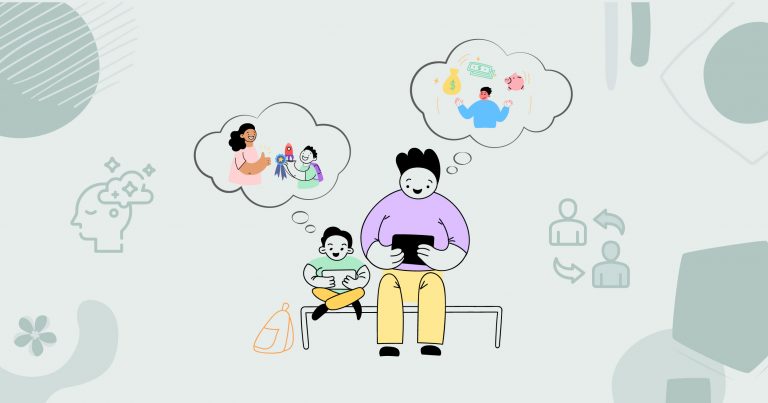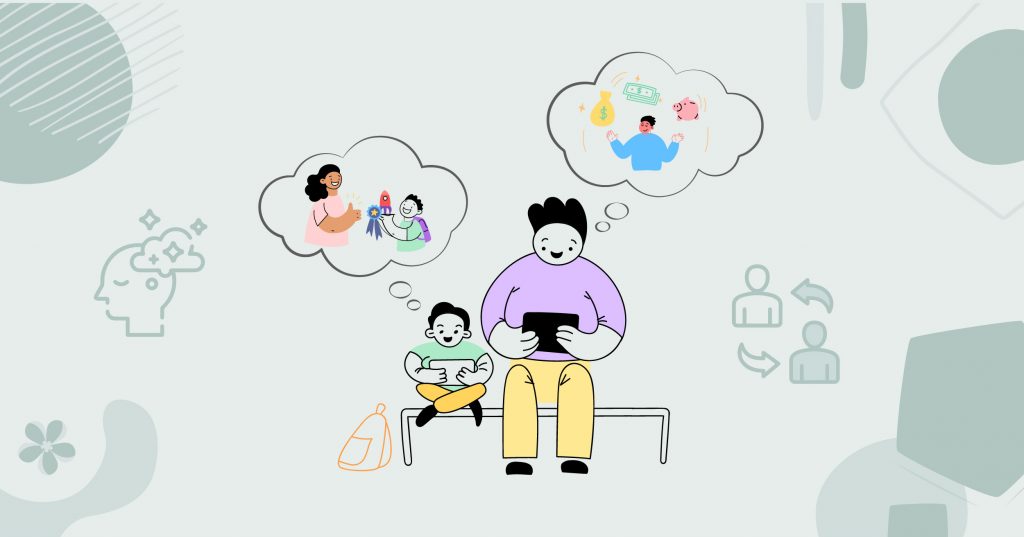The Success Shift
Remember the early days of your career, fueled by the drive for promotions and the allure of material gains? Fast forward to your 30s and 40s, and the landscape often shifts dramatically. This pivotal era invites a deeper inquiry into what truly constitutes success. It’s a period many of us encounter, where the glitter of external achievements—like career titles and the latest luxury items—begins to dim in the light of more profound, personal aspirations.
Enter ‘The Success Shift.’ This isn’t just a mid-life crisis cliché; it’s a transformative stage where the traditional symbols of success are increasingly weighed against the richer measures of personal fulfillment. As we mature, we start questioning the worth of relentless career climbs and material accumulation, probing whether these pursuits genuinely align with our evolved values.
This transition is as challenging as it is enlightening, urging us to redefine our benchmarks for happiness and satisfaction. It’s about harmonizing our professional endeavors and personal lives with our true selves, seeking fulfillment not in applause and acquisitions, but in passion, purpose, and peace of mind.
Let’s explore this nuanced journey, where success is recalibrated by what fulfills us internally, not just what adorns our external lives.
The Evolution of Aspirations
Ever wonder why the things that once spelled ‘success’ for us in our youth—like snagging that corner office or owning the coolest car on the block—start to lose their luster as we rack up more birthdays? Well, it turns out there’s a pretty fascinating neurological dance happening behind the scenes as we age.
Initially, our brain’s reward system is like a dopamine disco, lighting up with each promotion or big purchase. This neurotransmitter plays a star role, pushing us toward what society often stamps as achievements. But here’s the kicker: as we grow older, it’s not that our brains get less ambitious; they actually get wiser.
Enter the prefrontal cortex, our brain’s seasoned captain. Over time, this area becomes more adept at steering our decision-making. It starts to weave our past emotional experiences with forward-thinking, allowing us to look beyond the immediate dopamine rush. We begin to question: ‘Does this really make me happy? What do I truly value?’
This shift isn’t just about getting older—it’s about getting deeper. Our brain’s evolving priorities encourage us to chase what genuinely fulfills us. That might mean trading relentless corporate climbs for enriching personal relationships, pursuing passions, or making a tangible difference in our community.So, as our cognitive landscape expands, our aspirations mature, turning away from the flashy to the meaningful. It’s not about acquiring more, but about being more.
Subscribe to newsletter
Get your Gut Health Starter Guide right now.
Elevate your Tuesdays with practical, science-backed wisdom propelling you forward on your gut health journey.

Crafting Practices to be Happy at Work
- Reflect Regularly: Take time to reflect on your life’s direction and satisfaction levels. Journaling or meditative practices can help clarify your thoughts on what success means to you now.
- Set Value-Based Goals: Identify what values are most important to you—such as family, health, creativity, or service—and set goals that align with these values. Success defined by personal values is more fulfilling and sustainable.
- Seek Diverse Perspectives: Broaden your understanding of success by engaging with people at different life stages and with different life paths. This can provide new insights and diminish the pressure of societal benchmarks.
- Embrace Flexibility: Allow your definition of success to evolve as you do. Be open to reassessing and realigning your goals as your personal and professional circumstances change.
- Celebrate Small Wins: Recognize and celebrate achievements that might be smaller or more personal but are significant to your sense of fulfillment. This reinforces a positive self-view and motivates continued progress.
Finding What Makes You Happy
Michael, who at 42 had seemingly reached the pinnacle of the tech world. As a high-flying executive, his resume was packed with accolades and his bank account was healthy, yet a profound sense of fulfillment was missing. “By society’s standards, I was a success story,” Michael recalls. “But personally, I felt more like a cautionary tale. The thrill of promotions and pay raises had worn thin, and I found myself wondering, ‘Is this all there is?'”
This introspection led Michael to a critical turning point. He decided to reevaluate his definition of success, shifting from a career-centered to a values-centered perspective. “It dawned on me that true success wasn’t about how high I could climb, but about how deeply I could connect with the things that mattered most—my family, my community, and nurturing the next generation,” he shares.
Michael took a bold step back from the corporate rat race to spend more time at home, engaging more fully with his children’s lives and spearheading initiatives that mattered to him personally, like mentoring budding tech innovators. “Stepping back from the executive track didn’t mean stepping back from impact. It meant stepping into a role where I could foster growth not just in business, but in people,” Michael explains.
The results were transformative. “The joy I now find in my days, the balance between professional achievement and personal happiness, is something no paycheck could match,” Michael reflects. His mentorship program has become a cornerstone of his career, providing not only guidance to young entrepreneurs but also a renewed sense of purpose for himself.
“Today, I measure my success by the strength of my relationships and the positive influence I have on others. It’s a richer, more satisfying way to live. My story is a testament to the power of aligning one’s career with one’s deeper values, proving that sometimes, the best way to climb higher is to reach deeper.”


















